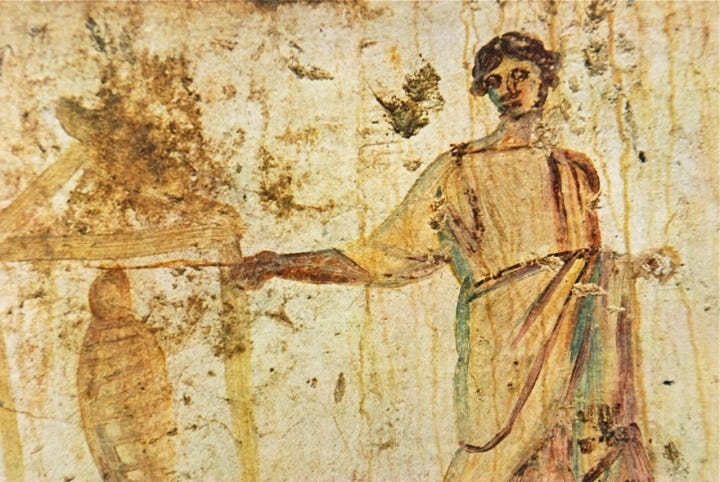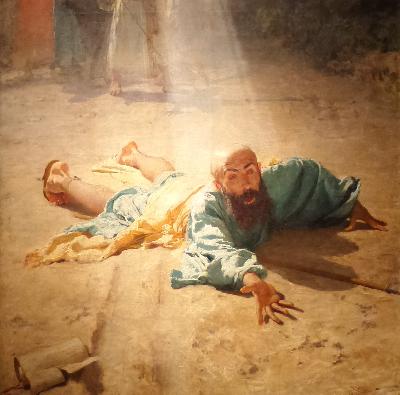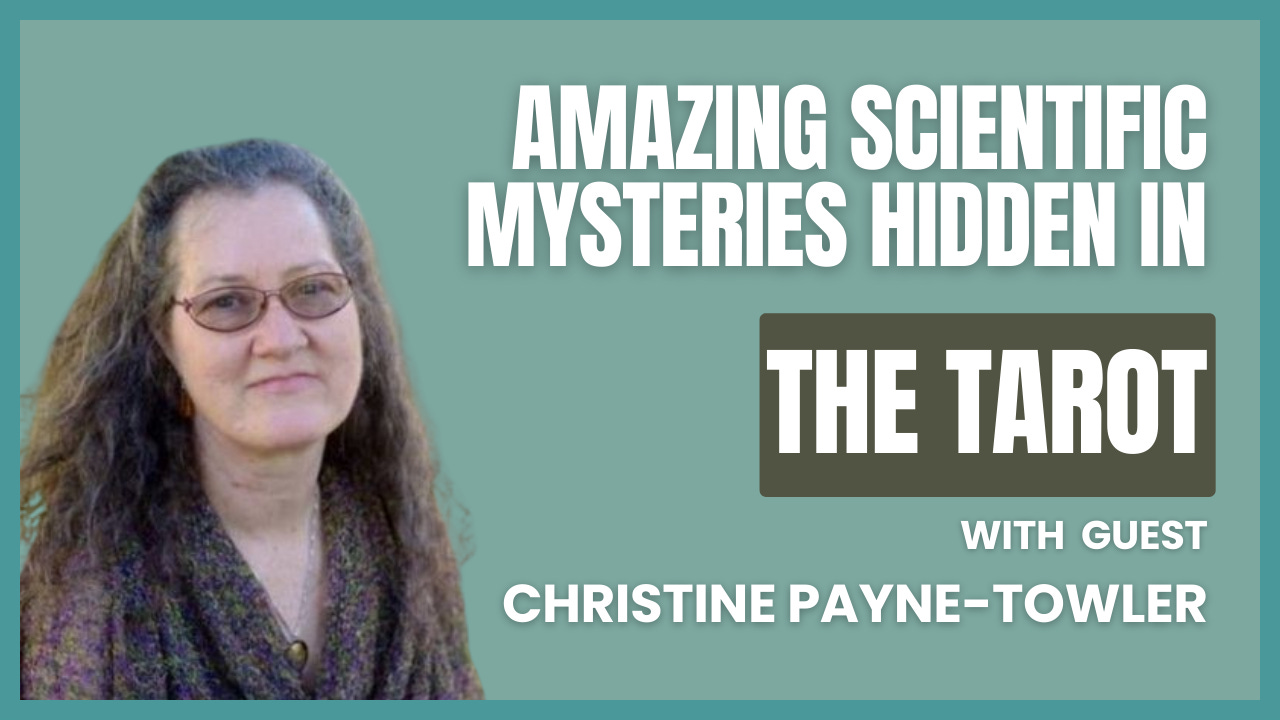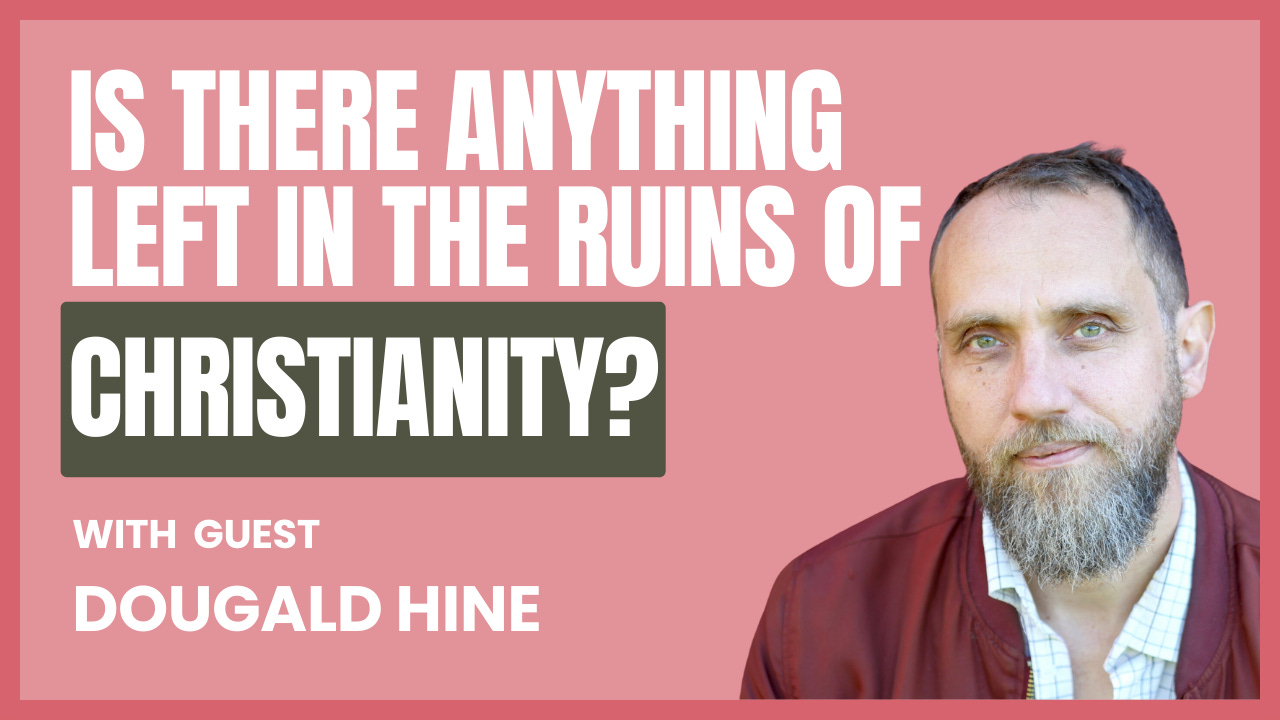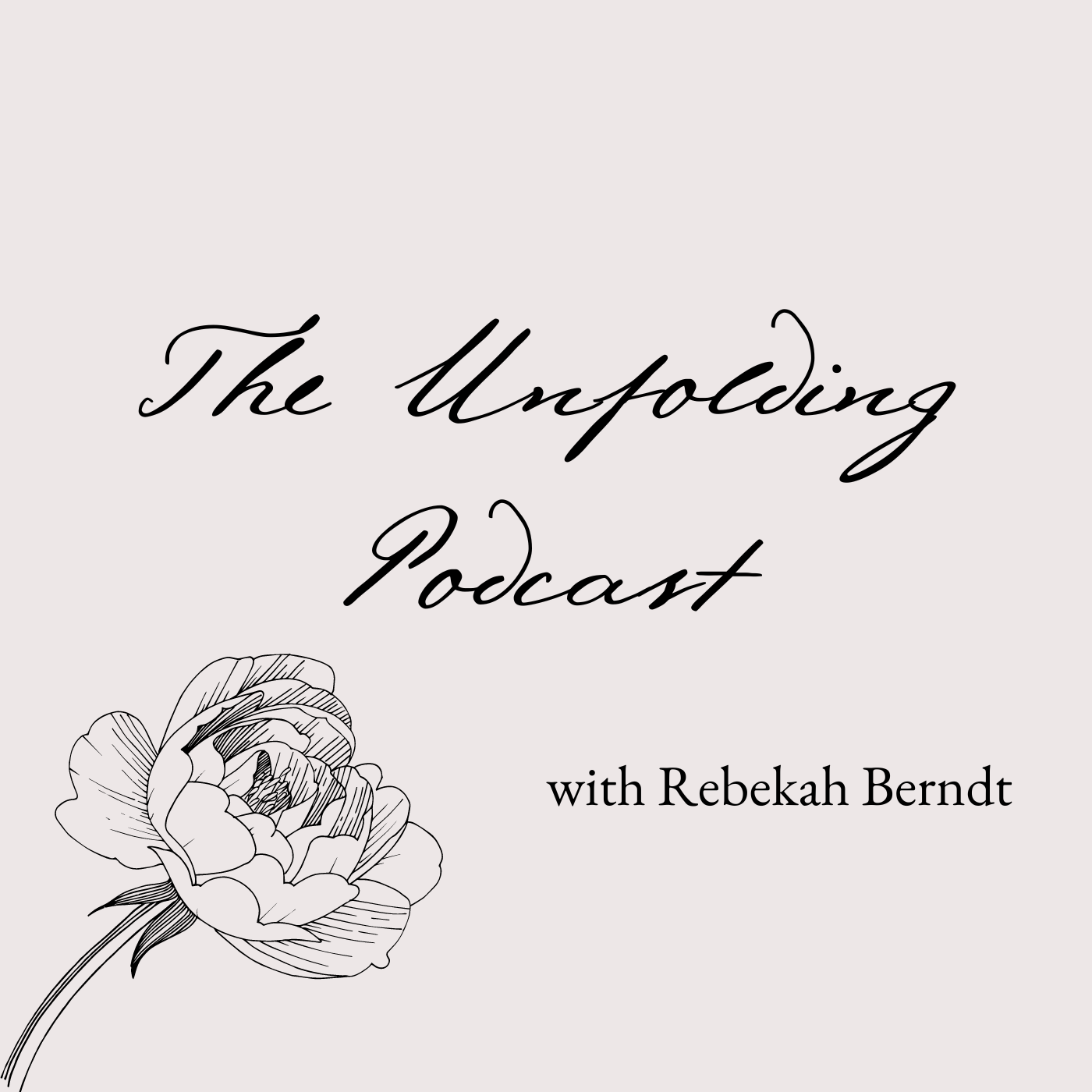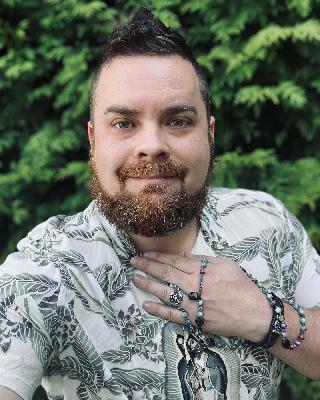On Christian Magic
Description
“…there are rising trends in science suggesting that what was once called magic is poised to evolve into a new scientific discipline, just as medieval astrology and alchemy evolved into today’s astronomy and chemistry. The new discipline will be the study of the psychophysical nature of reality, that mysterious, interstitial space shimmering between mind and matter. Understanding how this enigmatic space works in a way that’s consistent with the rest of science requires a new worldview—the lens through which we understand reality.” ~ Dr. Dean Radin
Over the past few months, I’ve been pondering the direction of this newsletter. What began as an exercise to push myself to write—something, anything—became an outlet for me to process my break-up with progressive activism and a reductive gospel of social justice. Recently, I’ve been challenged to clarify my vision for what I want to do here and set some goals. When I dug down deep and asked myself, “what do I really want to write about? What do I want to devote the most significant portion of my passion and energy to accomplishing?” the answer came back loud and clear: through writing and storytelling, I want to teach people about Christian magic.
I sighed in frustration when I heard this answer. A few of my friends and a fair number of my readers will laugh when they read this, because if you know me or have read this newsletter at all, you will know that I talk about these two subjects with some frequency. I’ve written about the thin line between mysticism and magic, and the magical aspects of the Eucharist, among other things. Yet there’s something about putting those two words together in a mission statement that strikes me as hopelessly cheesy, like evangelicals who blatantly rip off popular books and movies while adding a salvation message. WitchTok and other manifestations of the occult trend show no signs of abating, and my head says that baldly presenting myself this way will come across as a desperate grab for relevance.
But when I speak it out loud, I feel a deep-down sense of rightness and satisfaction. Yes, I say. Of course that’s what I want to write about. I love these two things, and I believe they are helpful and true and using them together is necessary for the moment we’re in. Christians, even the progressive ones, tend to get anxious and uneasy at any whiff of the magical arts, and occult practitioners are likewise suspicious of Christians. But I know that both these streams of spirituality have enriched my life, that one has enhanced my appreciation of the other, and that together they have helped me to better understand the nature of reality.
1. What is Magic?
What we call the material world is only a small piece of what exists. We know, for example, that there are frequencies of sound we cannot hear and wavelengths of light we cannot perceive. We know this because we’ve developed instruments to detect and measure them, but it doesn’t take any great leap of imagination to intuit that there are likely realities beyond our capacities for measurement that we remain blind to. Scientists are increasingly suspecting that the universe itself is conscious and that what we understand as matter may be a product of that consciousness.
Dr. Bernardo Kastrup, who has PhDs in both philosophy of mind and computer engineering, likens our experience of the world to a pilot flying a plane in the dark. The pilot cannot see anything through his window, but the screens and dials on his dashboard tell him how high the plane is flying, what direction he’s going in, how strongly the wind is blowing, and whether there is anything in his path. These instruments are not actually the wind, the pressure of the atmosphere, the forces of gravity, or other objects in space. But they have a fixed and reliable relationship with those things that enable him to safely fly the plane to its destination. In the same way, our senses have evolved to take in narrow bands of information that exclude much more than they receive; it is this limiting of input that allows us to think at all. Like a pilot under cover of night, we see through a glass darkly, and most of the time, it is enough.
But sometimes it’s not. There’s a whole world of intelligence and causality beyond the limits of our understanding. It’s not so much that the material world is an illusion, as it is that matter, or nature, is something far vaster and more complex than we can comprehend, forcing our brains to create something like an illusion or simulation of reality that filters out any data not immediately pertinent to our survival needs.
As the religious scholar Jeffrey Kripal asserts in his book The Supernatural: A New Vision of the Unexplained, nature is super and has properties and capacities far beyond our limited understanding. And we need to expand our modes of perception in order to communicate with this super-ness. Magic can be understood as a type of psychic or mental technology that allows us to engage with the unseen forces of causality to affect change in ways that can be perceived through the faculties of our ordinary senses. It is metaphysical in that it literally goes beyond what we understand as physicality.
Prayer is a form of magic, as are religious rituals and mental methods like visualization and repeating affirmations, and yes, good old-fashioned spells. There are generally two main forces of causality we are trying to influence with these practices. One is any force or power outside ourselves—God, the Universe, spirits, angels, etc.—and the other is ourselves, which is to say our spirits, minds, and bodies. Ideally, we are targeting both in that we are attempting to reach the forces beyond ourselves while also preparing our own senses to receive something in return.
There are two primary modes of magic: thaumaturgy, the working of wonders and miracles—like performing a successful healing prayer or love spell—and theurgy, aligning yourself with the divine to become more like God (or the gods, for a polytheist). Classic contemplative practices can be seen as a kind of theurgy, as can the purification rituals of ceremonial magicians, like those found in the Golden Dawn. In fact, I would argue that the core sacraments of Christianity—baptism and the Eucharist—are essentially theurgy. Practices like divination and telepathic communication fall somewhere in between.
Not all modern magical practitioners are theistic. Some may rely purely on their individual will to make things happen, or they may engage in prayers and spells that invoke gods while understanding the rituals and their effects to be primarily psychological in nature— something often described as “hacking” consciousness.
Modern scholars are questioning the line we tend to draw between religion and magic, pointing out that the practitioners of both often do the same kinds of things, like create protection, heal the sick, perform prayers or invocations, imbibe a sacred drink, or fumigate people, objects, and spaces with burning herbs or resins for purification. The distinction drawn is often a matter of who and what the powers-that-be deem legitimate.
The obvious example is that of Christian missionaries demonizing and prohibiting animist and pagan practices, but the issue of legitimacy and moral value in magical practice is not limited to monotheistic religions. While a religious hierarchy or an imperial state may have an interest in suppressing anything that undermines its authority, all cultures engage in some form of magic and draw distinctions between good or acceptable magic and bad or harmful magic that are rooted in standards of prosociality.
They understand that the same magical technologies that can be used to provide healing and benefit can also be used to harm, just as a surgeon’s scalpel can be used to excise a tumor or to cut someone’s throat. Tribal and indigenous cultures are full of warnings about evil or power-hungry shamans, and witch-hunts are not a phenomenon unique to Christian Europe. The fact that innocent and vulnerable people—most frequently, but not exclusively, women—are often falsely accused of performing harmful magic does not mean that it does not exist.
2. What is Christian Magic?
What do I mean when I talk about magic that is specifically Christian? I mean the metaphysical technologies that Christians have frequently used throughout history— whether or not Christian leaders have approved of those practices—as well as practices utilized in alignment with the teachings of Christ.
Of course, the issue is more complex than that. Protestants have often sought to exclude broad swaths of Christendom from being properly Christian because they engage in practices that are deemed superstitious or magical. Many church leaders of the early middle ages recognized that much of the pagan or animist practices of pre-Christian culture were useful and beneficial to people, both psychologically and emotionally, and provided a bridge between Christian teachings and pagan culture. They sought to integrate some of these practices while rejecting others and, sadly, sometimes persecuting people as a result. Some historians have pointed out that many of the people persecuted as witches in 17th-century England were performing the kinds of prayers and rituals that were accepted under Catholicism. The irony, of course, is that the Protestants caught up in the frenzy of witch-hunting became far more suggestible and

